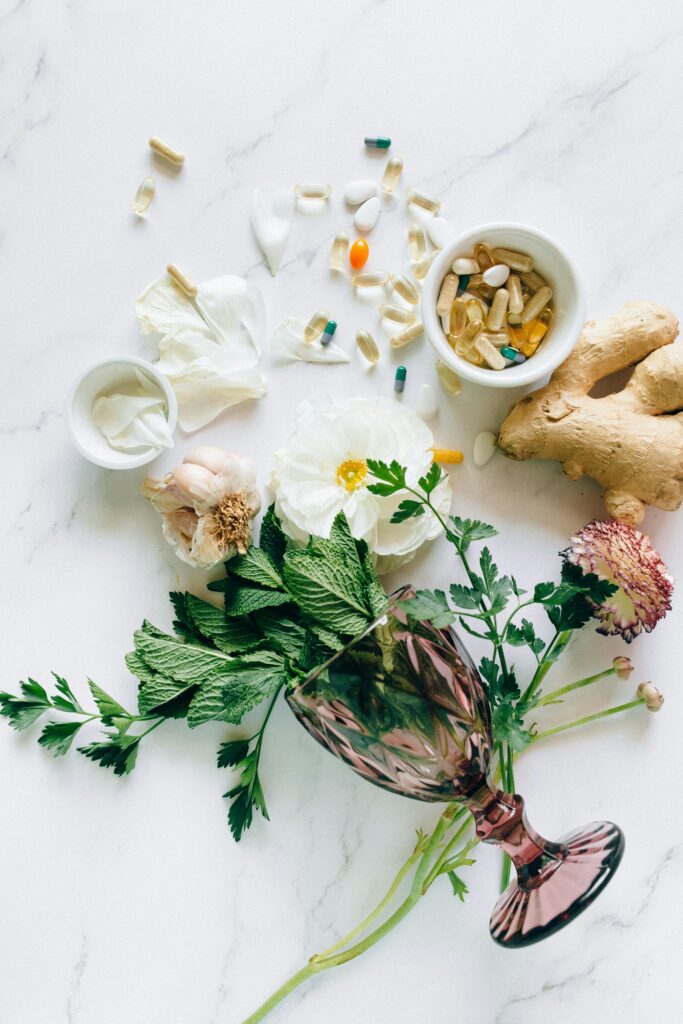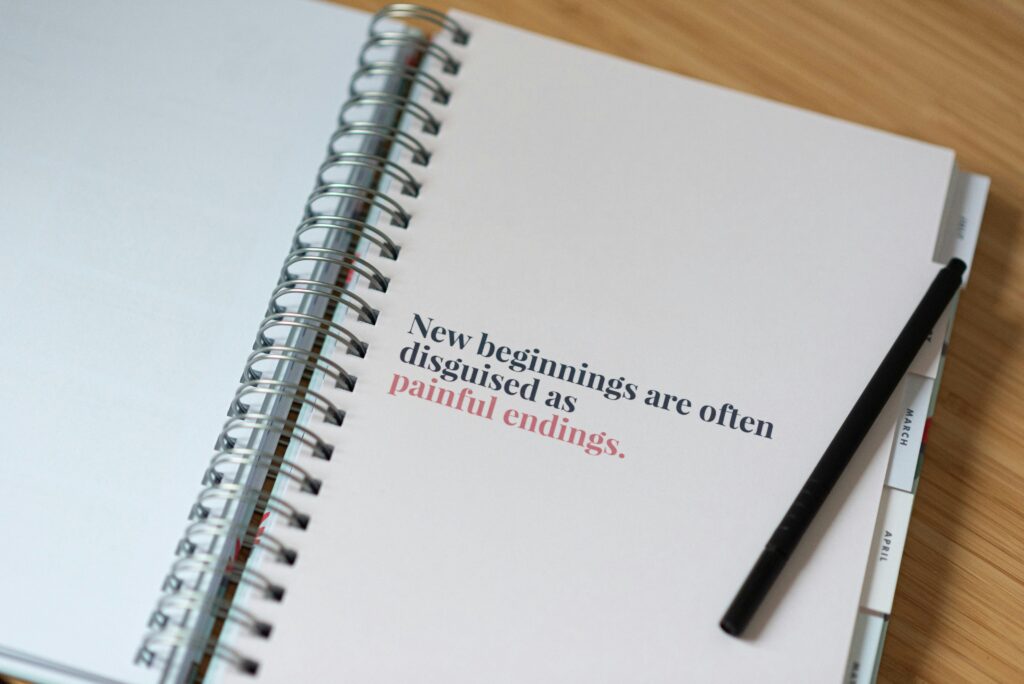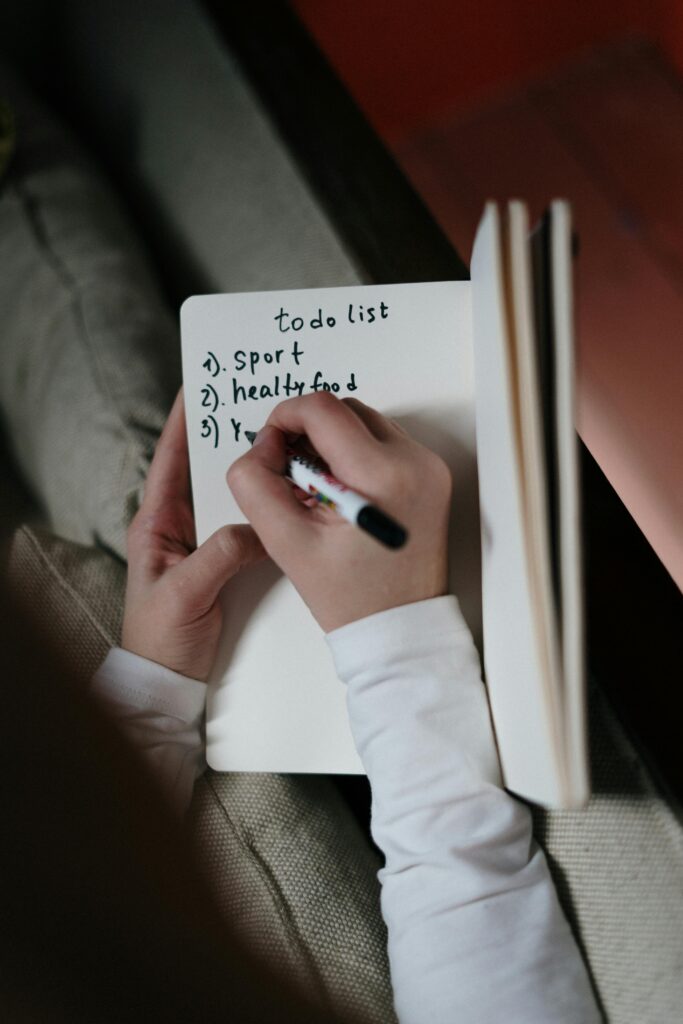Overcoming addiction is a challenging journey, but with the right mindset and support, you can replace harmful habits with healthier ones. Whether you’re in the early stages of recovery or have been on this path for a while, developing a strategy to form lasting habits can make a world of difference.
Addiction recovery is not just about quitting a substance; it’s about transforming your life, creating new routines, and reshaping your future. Here’s a step-by-step guide to help you build healthy habits and maintain your recovery.
Applying Healthy Habits During Drug and Alcohol Recovery: A Strategic Approach

In the context of drug and alcohol recovery, creating healthy habits is a powerful tool for lasting change. Recovery is not just about abstinence—it’s about rebuilding your life in a way that fosters well-being, purpose, and growth.
The journey toward sobriety requires ongoing effort and commitment, and applying healthy habits helps you stay on track. Focusing on small, incremental changes every day will solidify your recovery process. By replacing destructive patterns with positive routines, you’ll be able to maintain your commitment to living a healthier, addiction-free life.
Step 1: Visualize Your Ideal Future
The foundation for any change is a clear vision of what you want your life to look like. Where do you see yourself in the future? What does success in your recovery look like? Having a detailed vision not only motivates you but provides a strong reason to persevere during difficult moments.
Start by taking time to write down your goals. Use words, images, or even a vision board to map out your desired life. Visualizing your future self with all the positive changes in place will create an emotional connection to your goals. The more sensory details you can add, the more real your vision will feel, keeping you focused on what you want to achieve.
Start Small, Celebrate Wins

While your ultimate goal might feel overwhelming, break it down into smaller, achievable steps. These smaller goals act as stepping stones that keep you motivated and help you build momentum. For example, instead of thinking about the huge task of quitting a substance, focus on attending a support group or replacing unhealthy behaviors with new activities, like walking or practicing yoga.
By tracking these small successes, you’ll feel motivated to continue pushing forward and stay on track for the bigger transformation.
Step 2: Set Achievable Goals
Once you’ve visualized your desired future, it’s time to translate that vision into concrete, actionable steps. It’s crucial that the goals you set are both realistic and achievable. Can you commit the necessary time and energy to accomplish them?
Start by setting small, measurable goals that you can work towards daily. These should challenge you, but they also need to be within your reach. For example, if your goal is to quit smoking, a small and attainable goal could be to cut back by one cigarette each day.
Acknowledge the Challenges

In your recovery journey, you may face setbacks. Recognize and accept that the process isn’t linear. Acknowledge patterns that may make your journey more difficult—stress, lack of sleep, or unhealthy habits—and address them head-on.
It’s important to show compassion to yourself and forgive yourself if you falter. Habits take time to form, and each step, no matter how small, is a victory. The key is not to quit but to get back on track and keep moving forward.
Step 3: Build Supportive Routines
Routines are essential for ensuring that healthy habits stick. When you create routines, you don’t have to rely solely on willpower to make the right choices; instead, you design your environment and habits to make those choices automatic.
For instance, if you’re trying to avoid a place or situation that triggers your addiction, plan ahead. If you used to visit a bar after work, instead of driving by, take a different route home. Replacing an old habit with a new one is often more effective than simply stopping it.
Create a New, Positive Routine

The key is to replace negative habits with healthier, more fulfilling activities. If after-work drinks were your norm, you might swap that for going to a fitness class, joining a hobby group, or spending time with supportive people. Choose activities you enjoy—something that makes you excited to continue building these positive changes.
Step 4: Make Healthy Choices Easy
Creating new habits involves more than just willpower; it also requires creating an environment that supports your healthy choices. The more effort it takes to make the right choice, the harder it will be to stick to it. For example, if your goal is to eat healthier, make sure your kitchen is stocked with nutritious foods, and remove unhealthy temptations.
Reward Yourself for Progress
One of the best ways to reinforce new habits is by rewarding yourself. Positive reinforcement helps your brain associate healthy behaviors with pleasure. Even small rewards, such as taking time to relax after a workout or treating yourself to something special for meeting a goal, can boost your motivation.
Additionally, be mindful of your willpower. Your resolve can weaken when you’re tired, stressed, or hungry, and it’s crucial to plan ahead to ensure that you’re able to stick to your healthy habits even during challenging moments.
Step 5: Seek Support When Needed
No one should have to face addiction recovery alone. While you may feel empowered to make changes, there are times when asking for help can make all the difference. Whether it’s a therapist, support group, or trusted friends and family, surrounding yourself with people who understand your struggles can provide the encouragement you need to succeed.
Community and Accountability

Being part of a support community can offer a safe space for sharing challenges and celebrating victories. Knowing that others are going through similar experiences can make you feel less isolated and more motivated to continue your journey. Accountability is also key—whether through a friend or support group, having someone to check in with can help you stay on track.
Remember, seeking help is not a sign of weakness—it’s a sign of strength. It shows that you recognize the importance of support, and you’re willing to take the necessary steps to succeed.
Conclusion: Embrace the Process of Transformation
Overcoming addiction is a significant challenge, but with the right approach, it is entirely possible to build a healthier, more fulfilling life. By following these five steps—visualizing your future, setting realistic goals, creating supportive routines, making healthy choices easier, and seeking support when needed—you can replace old habits with new ones that support your recovery.
The journey to recovery is not without its challenges, but with patience and perseverance, you’ll be able to overcome them. Every small step you take toward building healthy habits will bring you closer to the life you deserve—one filled with peace, purpose, and well-being.
Remember: you have the power to change, and each day is a new opportunity to build a better future for yourself. Keep moving forward, and you’ll find the strength to conquer addiction for good.

